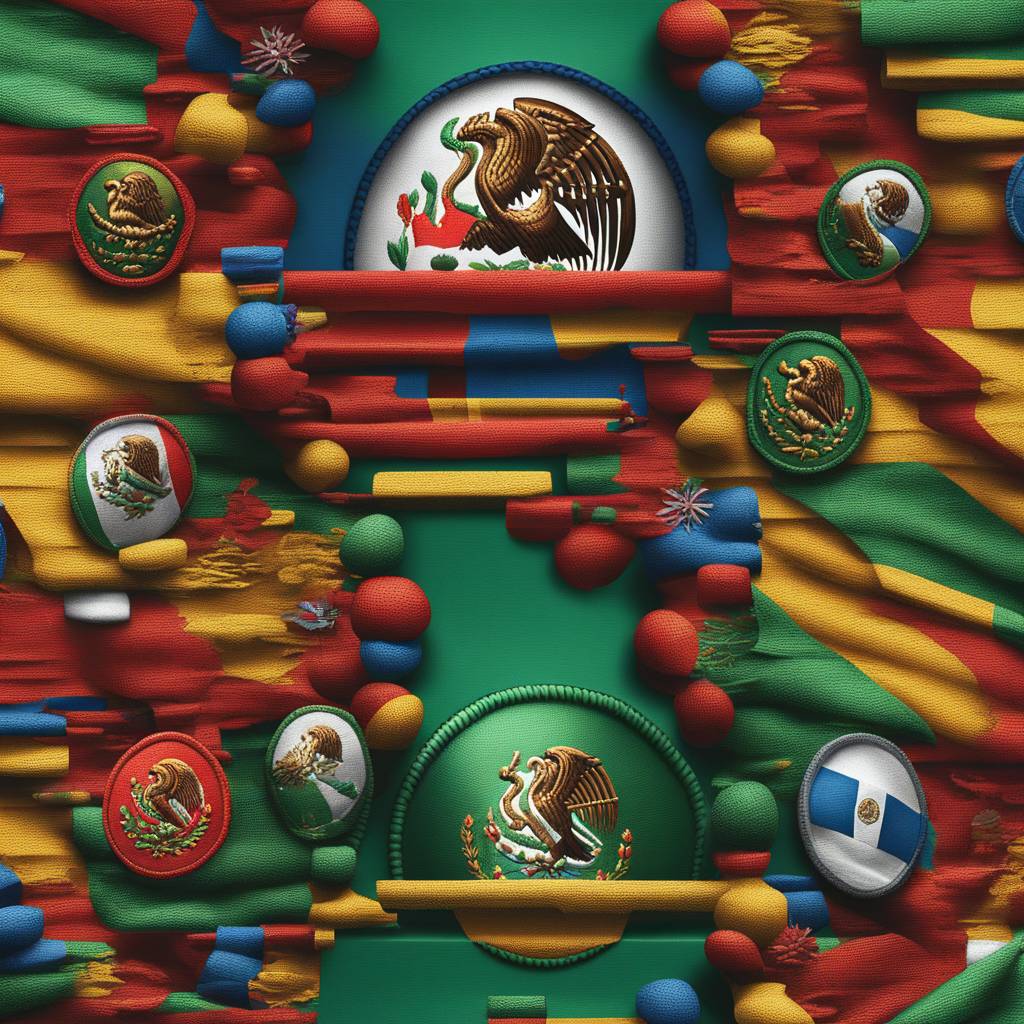Since taking office in 2018, Mexican President Andrés Manuel López Obrador has attempted to position Mexico as a diplomatic leader in Latin America. However, his actions have resulted in a series of diplomatic disputes that have led to several of Mexico’s ambassadors being expelled from countries in the region. This includes recent expulsions from Ecuador, Peru, and Bolivia as a result of López Obrador’s criticism of conservative governments in the region. López Obrador’s diplomatic approach seems rooted in nostalgia for Mexico’s historic role in the region, but may not align with Latin America’s current political landscape, which has seen rapid swings from left to right.
Despite his lack of interest in foreign policy, López Obrador has found himself embroiled in escalating diplomatic tensions, particularly with Ecuador. Mexico has granted asylum to an official from the former leftist government of Rafael Correa, who is facing corruption charges and fears of being arrested in Ecuador. López Obrador’s comments criticizing Ecuador’s conservative government have added fuel to the fire, leading to increased tensions between the two countries. The situation is further complicated by Mexico’s policy of not confronting drug cartels, which are believed to have ties to criminal organizations in Ecuador.
López Obrador’s hopes of leading a leftist resurgence in Latin America have been thwarted by shifts in the region’s political landscape. Close allies like former Argentinian President Alberto Fernandez have been swept out of power by more libertarian and free-market leaders. Even Brazil’s leftist President, Luiz Inácio Lula da Silva, has taken a more neutral stance on global issues like Russia’s invasion of Ukraine and the conflict in Gaza, distancing himself from López Obrador’s more vocal approach. The region’s rapid political switches have made it difficult for López Obrador to establish himself as a diplomatic leader in Latin America.
Despite his aspirations in Latin America, López Obrador places a high priority on maintaining Mexico’s relationship with the United States. While he has made symbolic gestures of support for left-wing governments like Cuba, Nicaragua, and Venezuela, his actions primarily demonstrate a willingness to cooperate with U.S. demands, especially on migration issues. López Obrador’s decision to boycott a U.S. summit in 2022 over the exclusion of certain countries highlights his attempt to balance Mexico’s relationship with the U.S. while also fostering leftist alliances in Latin America.
In the midst of these diplomatic challenges and shifting political landscapes, López Obrador has struggled to navigate Mexico’s role in the region. His nostalgic view of Mexican foreign policy clashes with the realities of Latin America’s current political dynamics. While he may aspire to lead a resurgent leftist movement, López Obrador’s actions have not always aligned with the region’s rapid ideological shifts. As Mexico continues to grapple with diplomatic disputes and tensions in Latin America, López Obrador faces the challenge of reconciling his vision for Mexico’s role in the region with the ever-evolving political realities of the continent.













